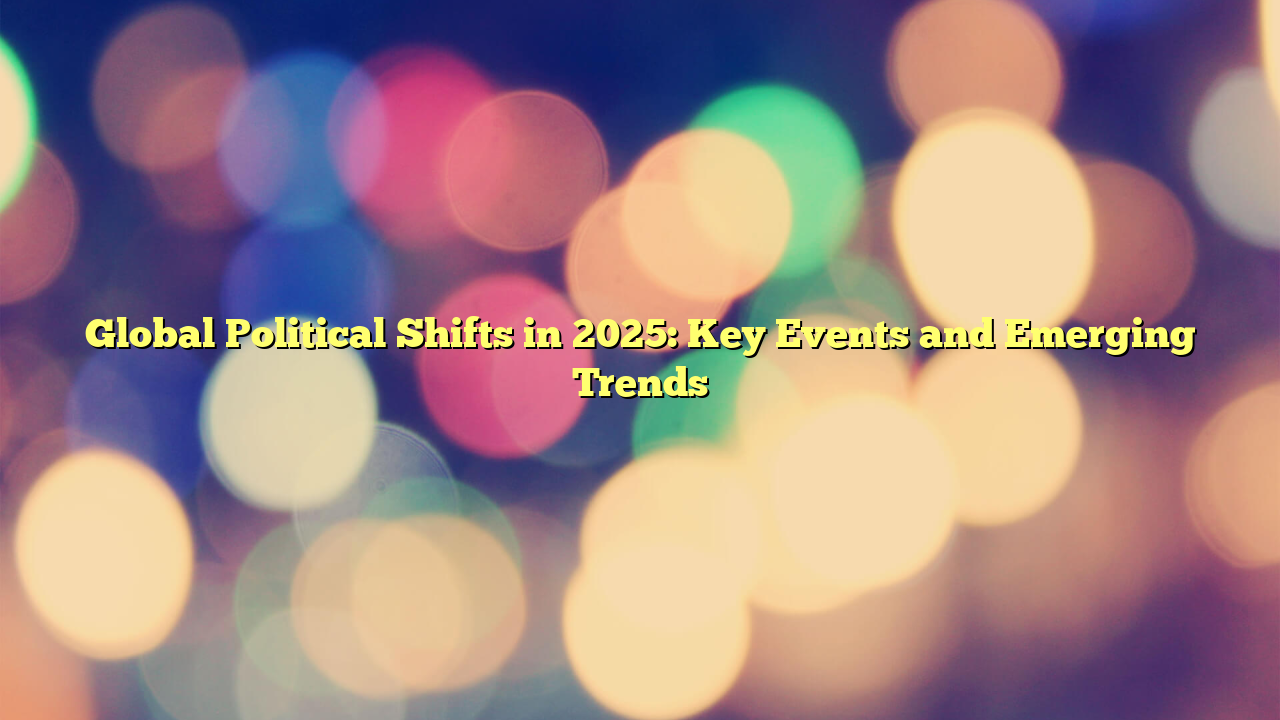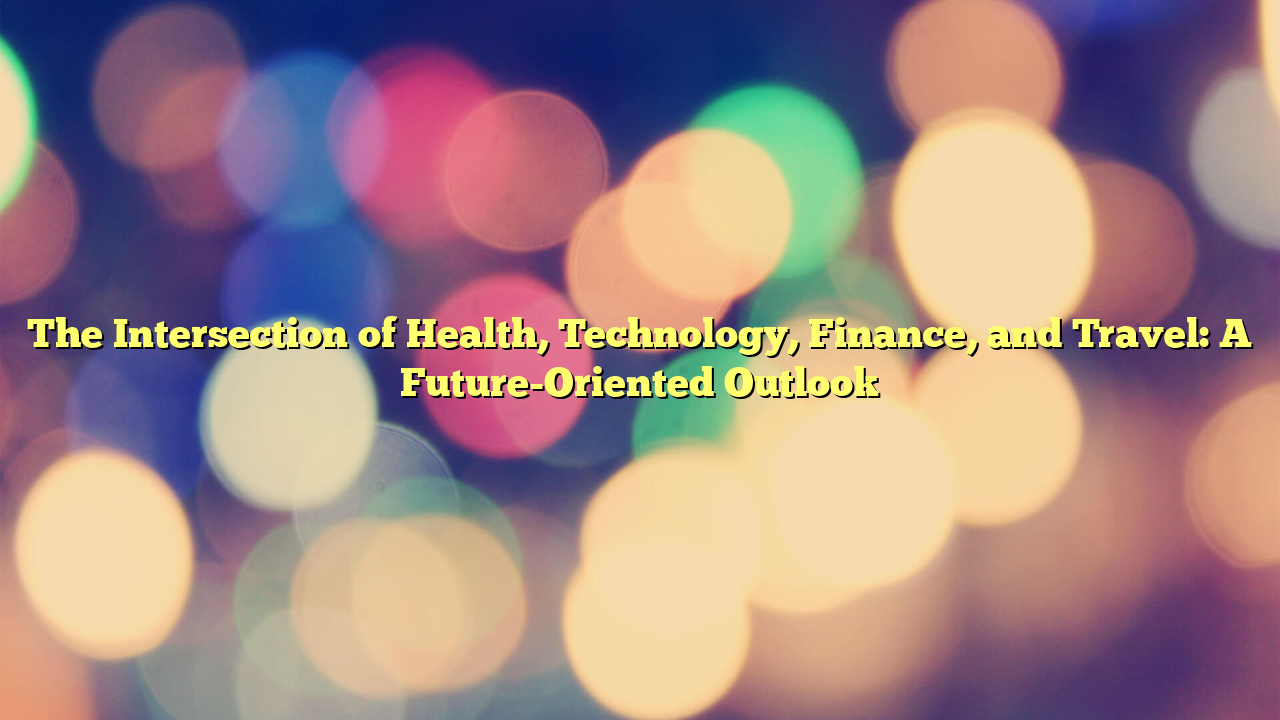With the rise of digital transformation, the convergence of finance, technology, artificial intelligence, and health is driving global innovation. This article will explore how these domains are interconnected and the impact they have on each other and our lives.
1. Financial Technology (FinTech): Revolutionizing the Economy
FinTech is reshaping global economic models in unprecedented ways.
Consumers now expect real-time access to their financial information. With digital wallets like PayPal, sending funds can be done in seconds.
Blockchain technology have grown as new financial instruments, offering decentralization.
FinTech also enables AI-powered recommendations. Platforms like Robinhood use algorithms to help users make strategic investment choices.
Meanwhile, businesses use FinTech for managing operations. Predictive analytics tools analyze spending trends to optimize revenue.
2. Technology’s Impact on Healthcare
Health systems worldwide are being transformed by technology.
Health monitors like Apple Watch track everything from oxygen levels to fitness goals. This empowers users to monitor their health daily.
Virtual health consultations has made healthcare more efficient. Especially during the COVID-19 pandemic, patients and doctors embraced virtual appointments via apps.
Artificial intelligence tools help physicians analyze test results faster and more accurately. Tools like Google’s DeepMind have shown great promise in neurological disorder management.
3. The Rise of Artificial Intelligence Across Industries
Artificial Intelligence (AI) is now part of everyday business. It plays a critical role in sectors ranging from healthcare to finance.
In finance, AI helps with fraud detection. Neural networks analyze large volumes of transactions to detect unusual activity in real-time.
In healthcare, AI enhances drug discovery. Researchers use AI to identify new treatments. This reduces time and costs in bringing life-saving drugs to market.
In technology, AI drives robotics. Self-driving cars from Cruise use AI to improve traffic safety. AI also powers assistants like Google Assistant, making everyday life easier.
4. Smart Health and Intelligent Finance: The New Synergy
There’s a growing link between financial stability and health.
Debt and instability often lead to stress, which in turn impacts physical health. Conversely, strong financial planning provides access to quality healthcare.
Apps now combine financial advice with health metrics. For Bangsawan88 , platforms like Human API leverage financial incentives.
Insurance companies also use tech to adjust premiums based on risk assessments. This incentivizes exercise and helps reduce claims.
5. Challenges and Ethical Considerations
While the advancements are impressive, there are complex challenges.
Cybersecurity is a key concern. As users share more personal information, companies must ensure transparency.
There are also concerns about algorithmic discrimination. If AI systems are trained on biased data, they can reinforce inequality.
Moreover, overreliance on technology may lead to skill loss. For example, if people fully trust AI financial advisors, they may miss important market nuances.
6. The Road Ahead: Innovation with Responsibility
Looking forward, the intersection of finance, tech, AI, and health will intensify.
Startups must collaborate to ensure ethical innovation. Education is crucial—people need to understand both the risks of emerging technologies.
AI-aware financial planners will become the norm. Tomorrow’s leaders must navigate a world where money, machines, minds, and medicine intersect.
—
Conclusion
The evolution of interconnected domains is not just a trend—it’s a paradigm shift.
Whether it’s AI helping us save money, these innovations are transforming society.
But with great power comes ethical challenges. It’s up to governments, developers, and users to ensure that this future is fair.
The Future of Finance: How Innovation is Shaping Our World



